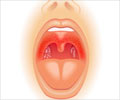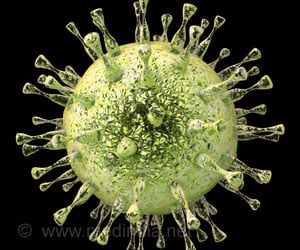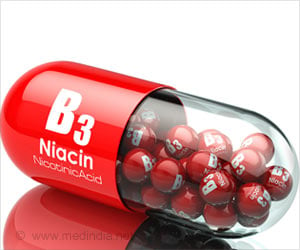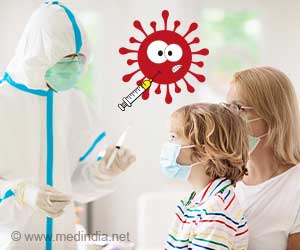3D Printed nasal swab helps to address COVID-19 diagnostic testing shortages around the world.

TOP INSIGHT
3D printed swabs developed performed better than flocked swabs in some cases.
The 3D swab has received national and international attention as an instance of the power of medical 3D printing and rapid innovation to provide clinical solutions.
The flocked NP swab, which collects a test sample of nasal secretions from the back of the nose and throat for lab examination, is the prevailing standard of care for diagnosing COVID-19. It consists of a narrow plastic rod and a tip covered in a flocked polyester material.
As the pandemic and demand for COVID-19 testing rose in early March, Dr. Decker and her team promptly began studying how they could develop an alternative to the flocked swab.
Within a few days, they came up with 12 designs and printed 3 to test on themselves.
At the three trial sites, 291 patients (ages 14-94) who were hospitalized or seen in the emergency room were tested for COVID-19 using both the flocked swab and 3D swab. The 3D swab exhibited statistically identical results to the flocked swab in the head-to-head trial.
The 3D printing process takes up to 15 hours, depending on the printer. The printed swabs are rinsed in isopropyl alcohol, cured, and hand-inspected for defects. Lastly, a member of the hospital's infectious disease team reviews each swab before it is sterilized in an autoclave and packed in a test kit.
"Medical 3D printing is housed in the field of radiology, and RSNA and the 3D Printing Special Interest Group give us a voice," she said. "This project shows novel ways that radiology departments around the world can directly help hospitals and clinical care during a crisis like COVID-19."
Source-Medindia
 MEDINDIA
MEDINDIA




 Email
Email










